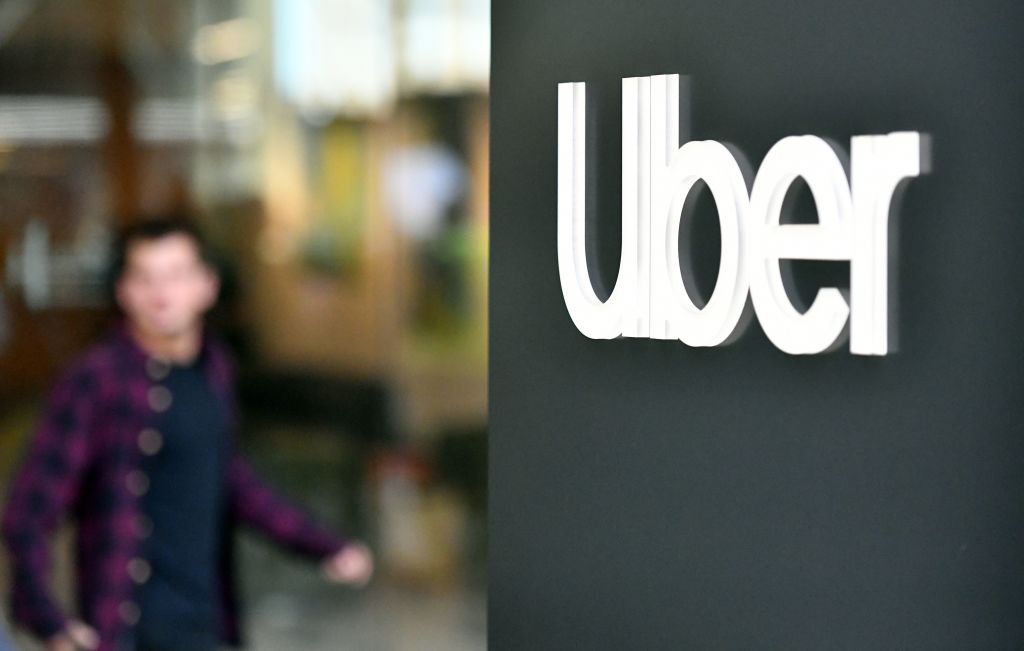
Uber Subscription Lawsuit: FTC Takes Legal Action Over Deceptive Practices
Uber Subscription Lawsuit: FTC Takes Legal Action Over Deceptive Practices
The FTC’s Uber subscription lawsuit alleges the company charged customers without consent and made cancellations unnecessarily difficult. Image: NewsToday360
The Federal Trade Commission has launched a significant Uber subscription lawsuit, accusing the rideshare and delivery giant of charging customers for its Uber One subscription service without proper consent. Filed on Monday, this Uber subscription lawsuit represents a major challenge to the company’s membership program that reportedly has 30 million subscribers worldwide and generates over $1 billion in annual revenue.
Table of Contents
Key Allegations in the Uber Subscription Lawsuit
The Uber subscription lawsuit centers on several deceptive practices allegedly employed by the company. According to FTC Chairman Andrew Ferguson, “Americans are tired of getting signed up for unwanted subscriptions that seem impossible to cancel. The Trump-Vance FTC is fighting back on behalf of the American people.”
Primary Claims in the FTC’s Lawsuit
- Unauthorized Charges: The Uber subscription lawsuit alleges the company charged customers without obtaining proper consent
- False Savings Claims: Promising $25 monthly savings while not accounting for the $9.99 monthly subscription cost
- Hidden Information: Using small, greyed-out text to obscure important details about the subscription terms
- Premature Billing: Automatically charging consumers who signed up for free trials before their billing date
- Cancellation Obstacles: Creating an unnecessarily complicated cancellation process
The Uber subscription lawsuit particularly focuses on the company’s cancellation practices, which the FTC claims can force users to navigate through “as many as 23 screens and take as many as 32 actions to cancel.” These obstacles include explaining cancellation reasons, responding to pausing offers, and dealing with retention attempts.
Cancellation Difficulties Highlighted
According to the Uber subscription lawsuit, some users reported being told they needed to contact customer support to cancel but were given no way to reach them. Others claimed Uber charged them for another billing cycle after requesting cancellation while waiting for customer support to respond.
Uber’s Response to FTC Charges
Uber has categorically denied the allegations in the Uber subscription lawsuit, stating that the company does not sign up or charge consumers without their consent. A spokesperson defended their practices, claiming “Uber One’s sign-up and cancellation processes are clear, simple, and follow the letter and spirit of the law.”
The company further stated that cancellations can now be completed in-app and take most users “20 seconds or less.” Uber clarified that it previously required customers wanting to cancel within 48 hours of signup to contact customer support, but this policy has since been changed.
Uber’s Legal Defense Strategy
Tim Muris, a former FTC chair representing Uber during the investigation, criticized the agency for failing to conduct a comprehensive investigation and basing the Uber subscription lawsuit on “misunderstandings of both the facts and the law.” Similarly, Uber’s current external counsel, Christine Wilson, described the investigative process as “unconventional” and “rushed,” expressing disappointment at what she characterized as a departure from the FTC’s traditional rigor and fairness.
Connection to “Click to Cancel” Rule
The Uber subscription lawsuit comes amid broader FTC efforts to regulate subscription services under former director Lina Khan. In October 2024, the agency finalized its “click to cancel” rule, which requires companies to make canceling a subscription as straightforward as signing up for one.
Despite facing challenges from various industry groups, this new rule is scheduled to take effect on May 14, 2025. The timing of the Uber subscription lawsuit suggests it may serve as a high-profile enforcement action to demonstrate the agency’s commitment to protecting consumers from deceptive subscription practices.
Subscription Service Regulations
The FTC’s “click to cancel” rule represents a significant shift in how digital subscriptions must operate. Under this regulation, companies like Uber must provide a cancellation mechanism that is:
- At least as easy to use as the sign-up process
- Available through the same medium used to sign up (web, app, etc.)
- Accessible without requiring additional information beyond what was needed to sign up
- Free from unnecessary obstacles, upsells, or retention attempts
Financial Impact and Consumer Relief
The Uber subscription lawsuit could have significant financial implications for the company. Uber One’s member base reached 30 million subscribers across 34 countries in 2024, growing approximately 60% year-over-year. CEO Dara Khosrowshahi previously estimated that Uber One’s membership fees would exceed $1 billion in 2024.
The FTC is seeking court action to prohibit Uber from continuing its alleged deceptive practices and to force the company to provide monetary relief to affected consumers. If successful, the Uber subscription lawsuit could result in substantial penalties and refunds.
| Uber One Growth Metrics | 2024 Figures |
|---|---|
| Global Subscriber Base | 30 million across 34 countries |
| Annual Growth Rate | Approximately 60% year-over-year |
| Estimated Annual Revenue | Over $1 billion |
| Monthly Subscription Cost | Up to $9.99 |
Wider Implications for Subscription Services
The Uber subscription lawsuit reflects growing regulatory scrutiny of digital subscription services. As consumers increasingly rely on subscription-based models for various products and services, transparency in billing practices and ease of cancellation have become priority concerns for consumer protection agencies.
This case could establish important precedents for how subscription services must operate, potentially affecting numerous companies beyond Uber that use similar business models. The outcome of the Uber subscription lawsuit may signal stronger enforcement actions against deceptive subscription practices industry-wide.
Potential Industry-Wide Effects
The Uber subscription lawsuit could influence subscription service practices in several key areas:
- Consent Mechanisms: Clearer, more explicit consent processes before charging consumers
- Transparency Requirements: More prominent disclosure of terms, conditions, and pricing
- Savings Claims: Greater scrutiny of how companies calculate and advertise savings
- Cancellation Processes: Simplified, more accessible cancellation methods
- Free Trial Practices: Reformed approaches to converting free trials to paid subscriptions
As this Uber subscription lawsuit proceeds through the courts, both consumers and businesses will be watching closely to understand how regulatory requirements for subscription services might evolve. For consumers currently experiencing difficulties with subscription cancellations, this case highlights the importance of documenting all cancellation attempts and communications with service providers.





